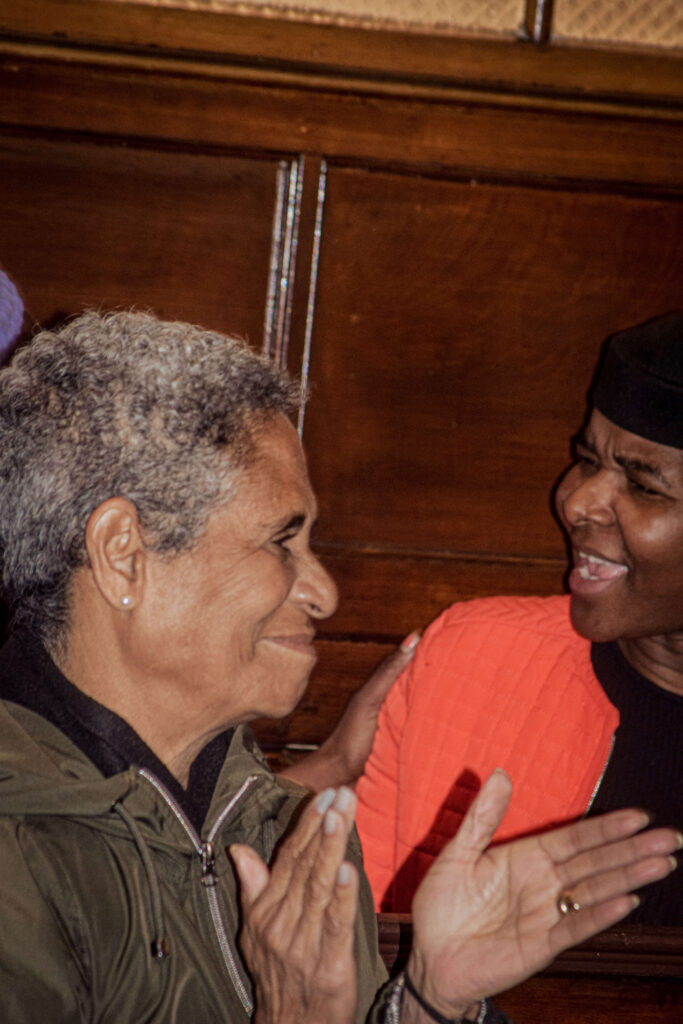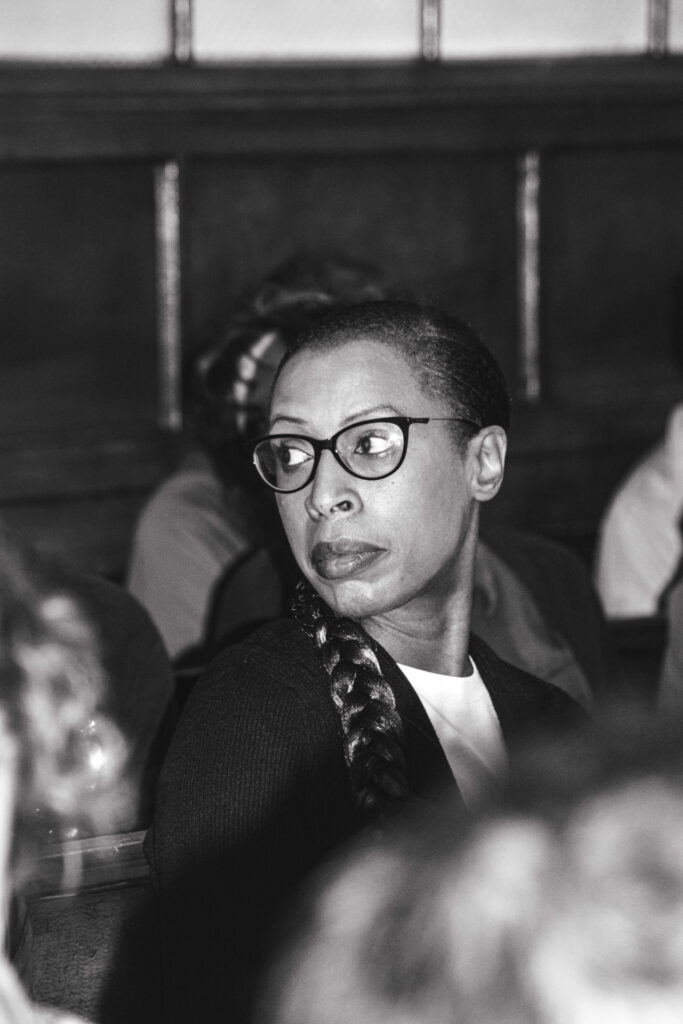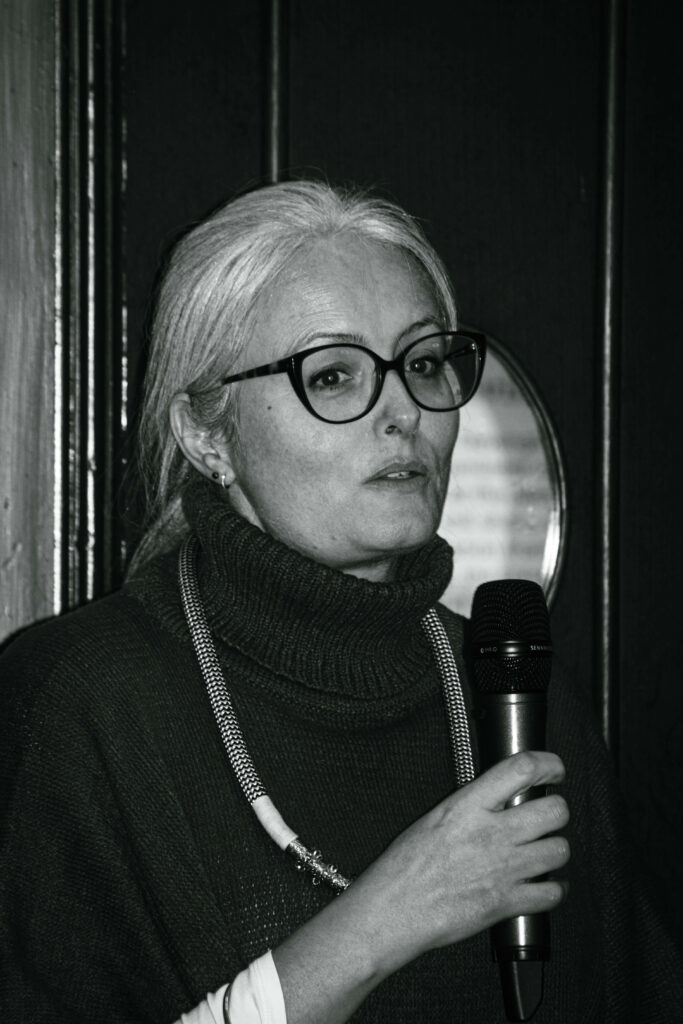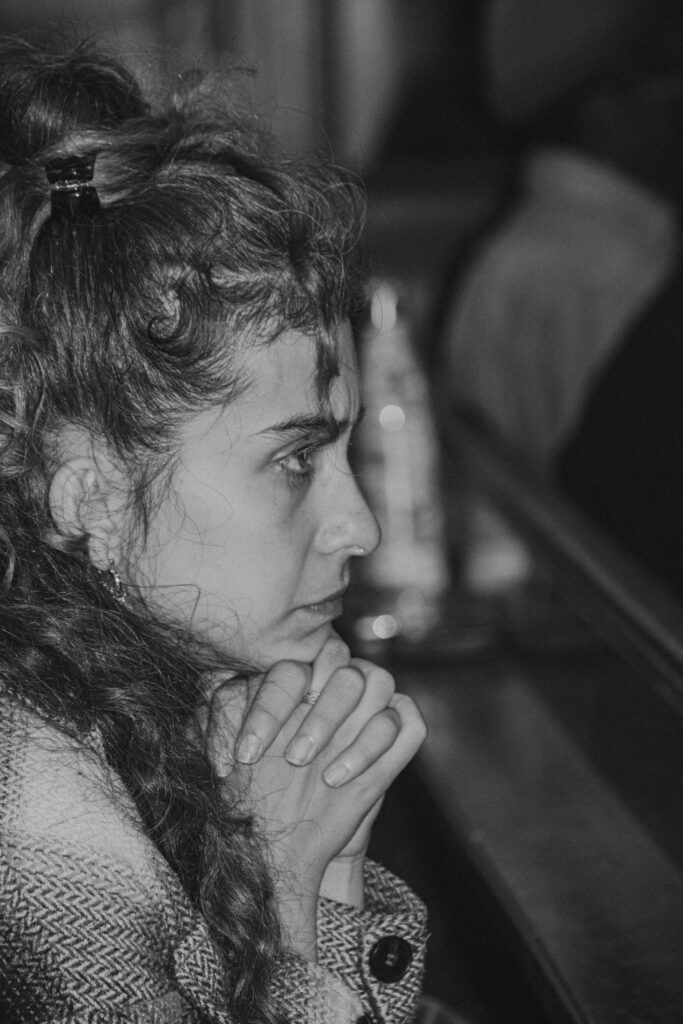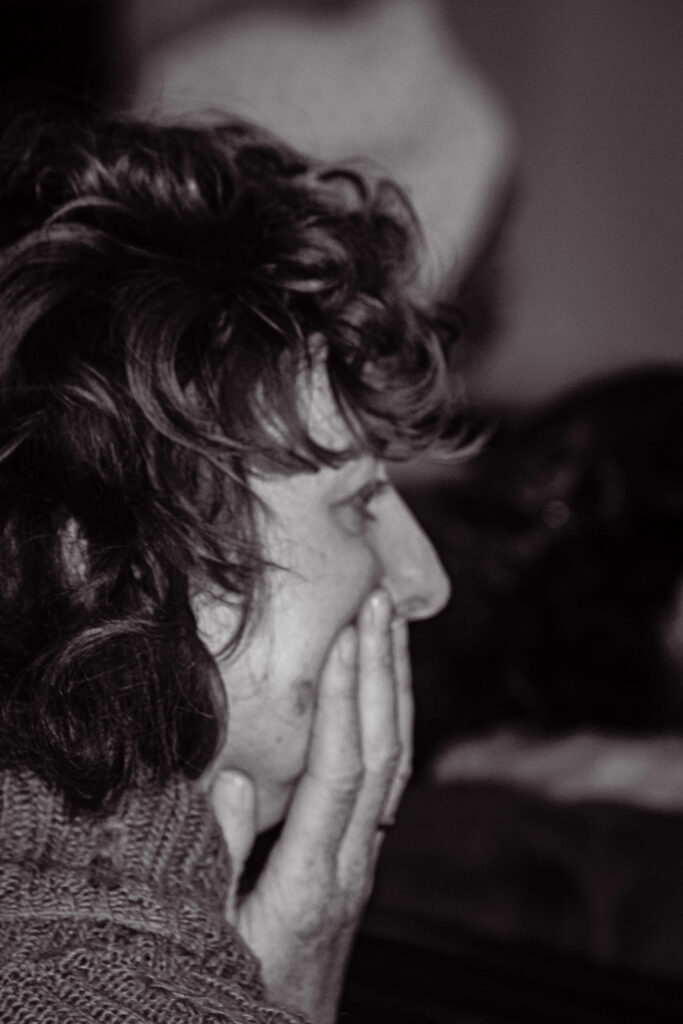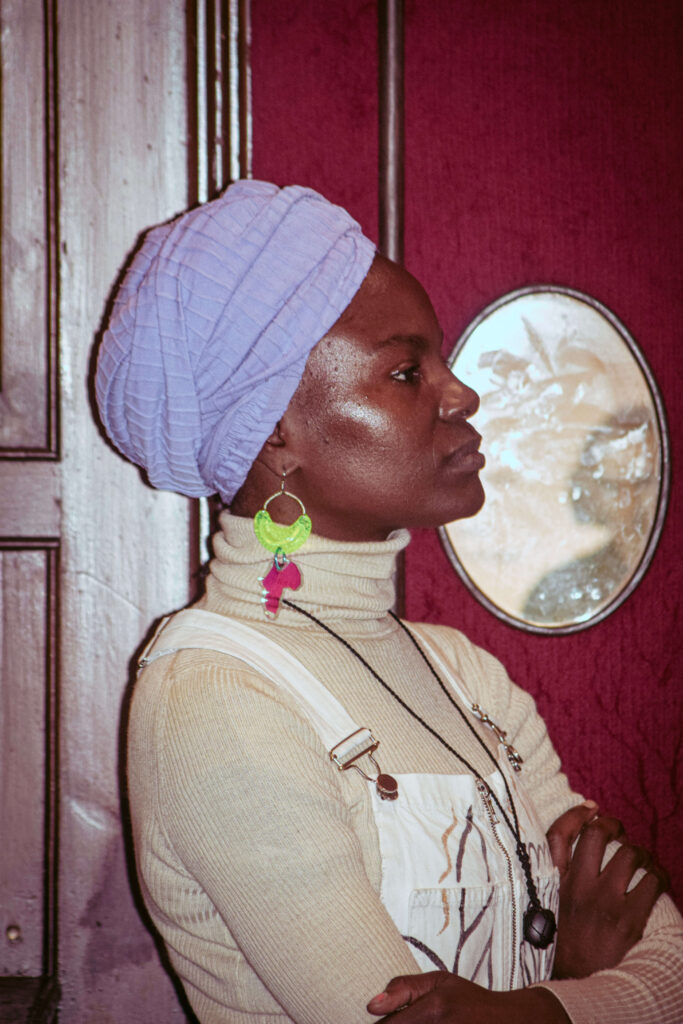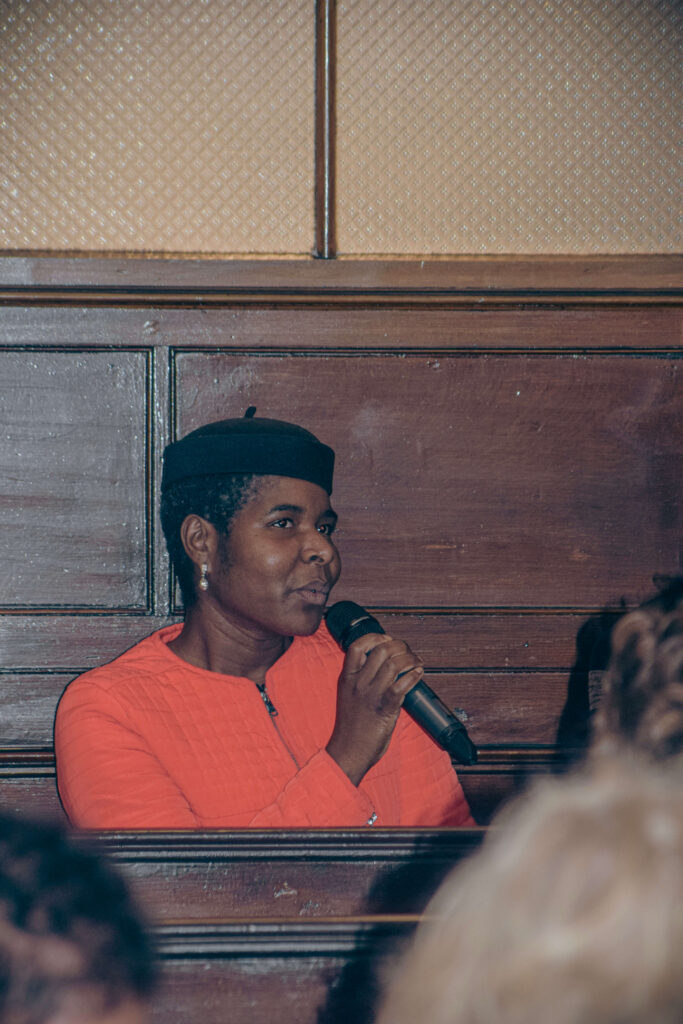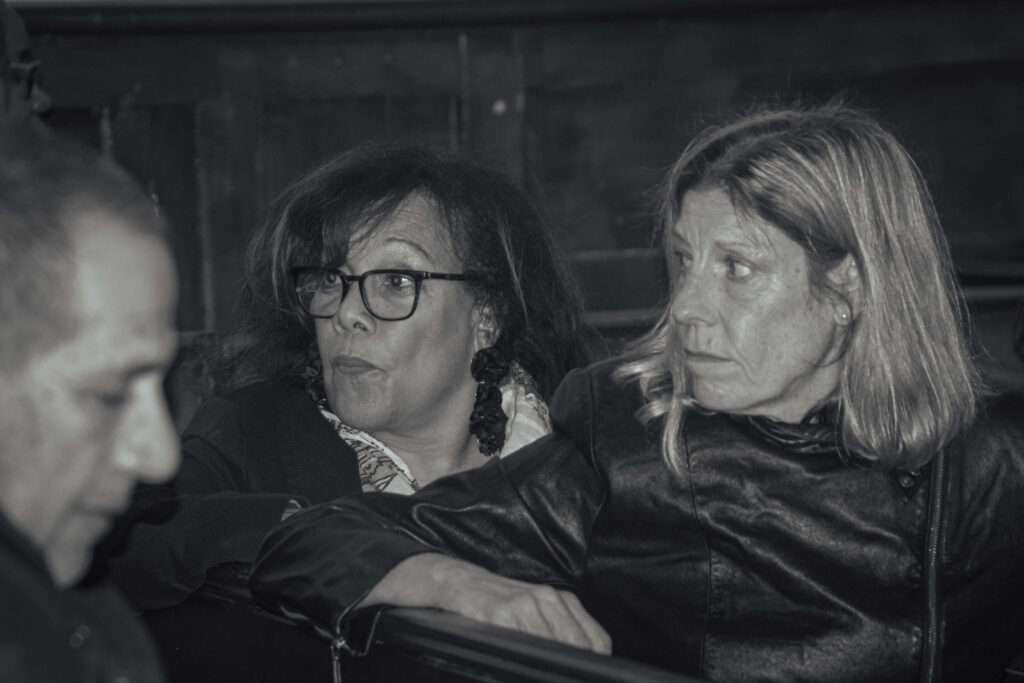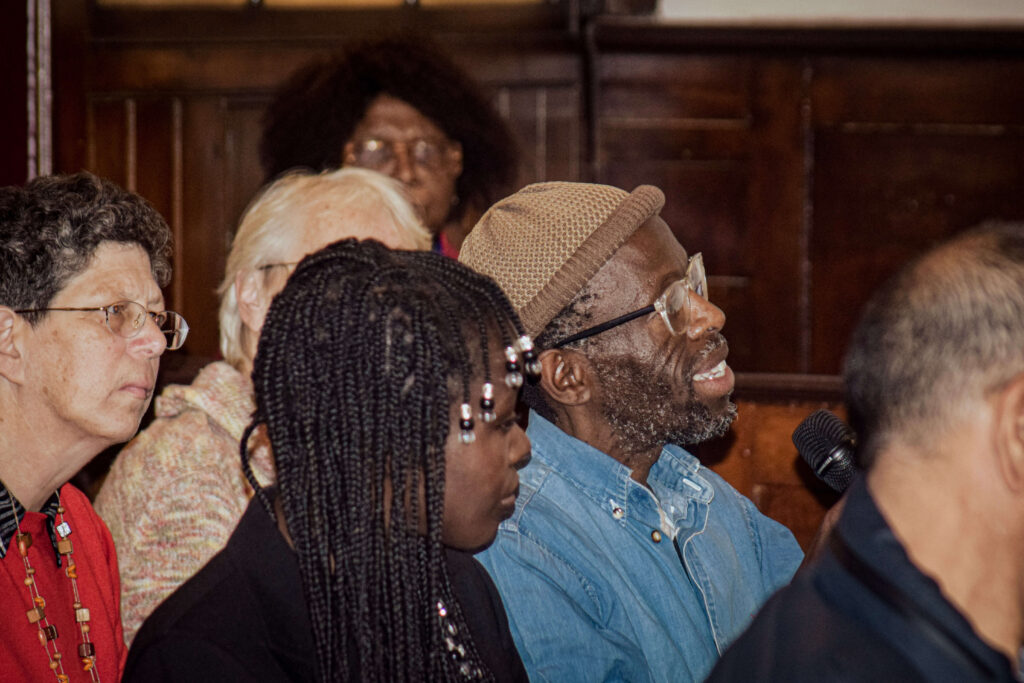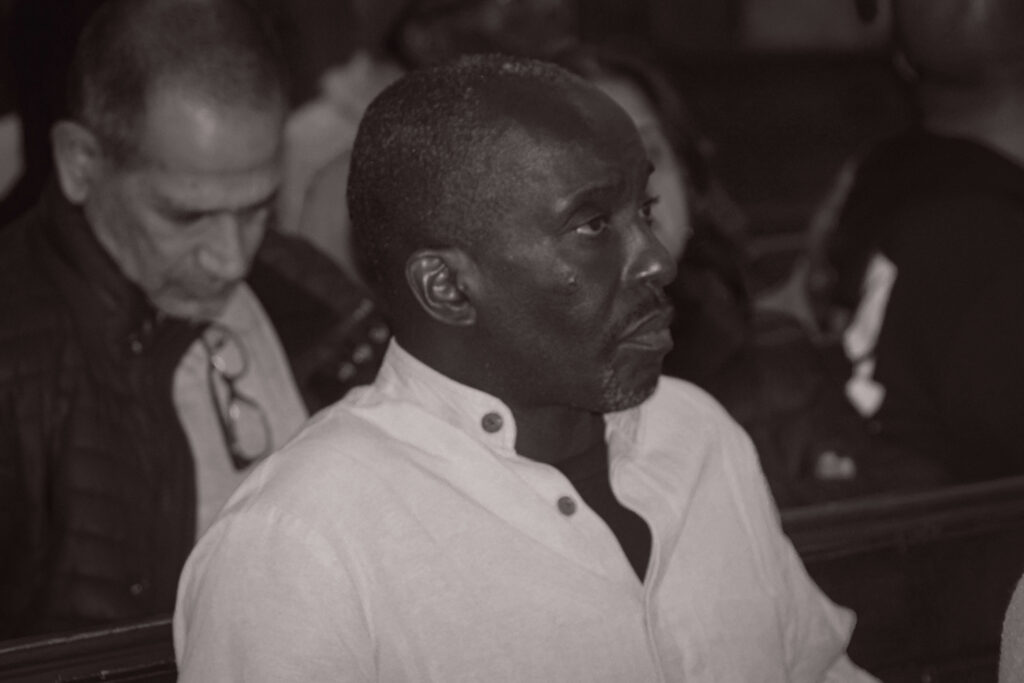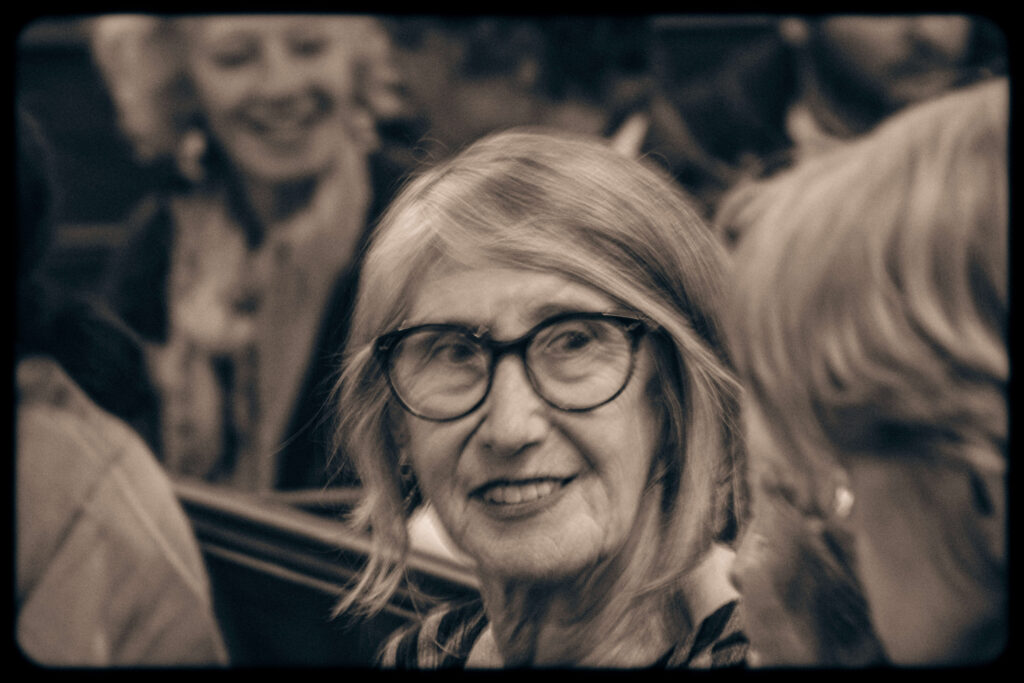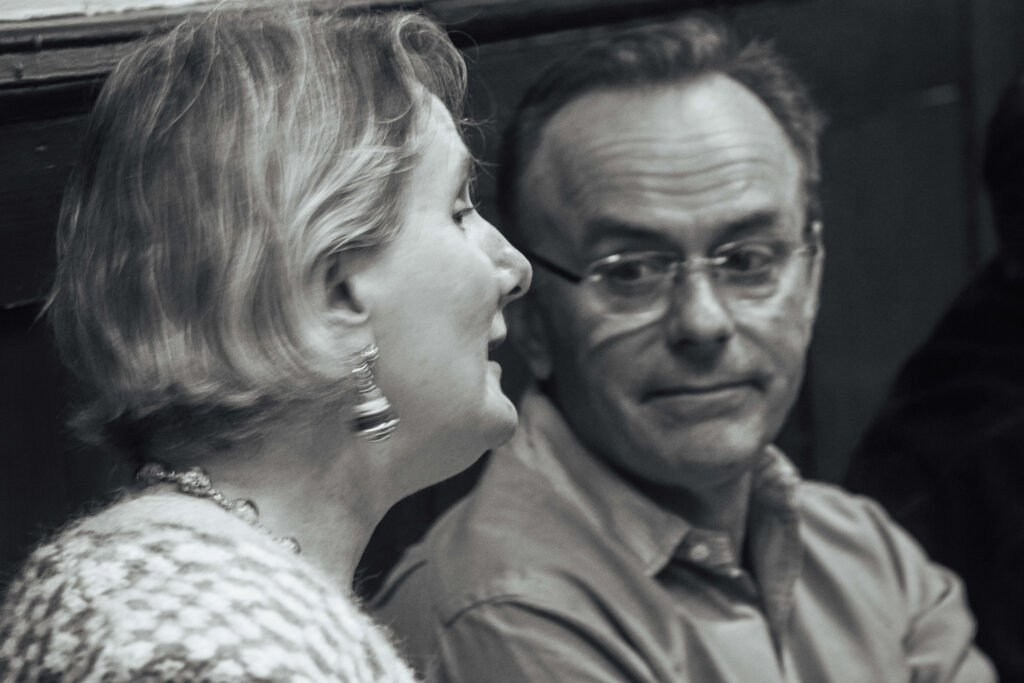On September 26th 2022, Anti-Apartheid Legacy screened the documentary film ‘Winnie’ at Newington Green Meeting House in London.
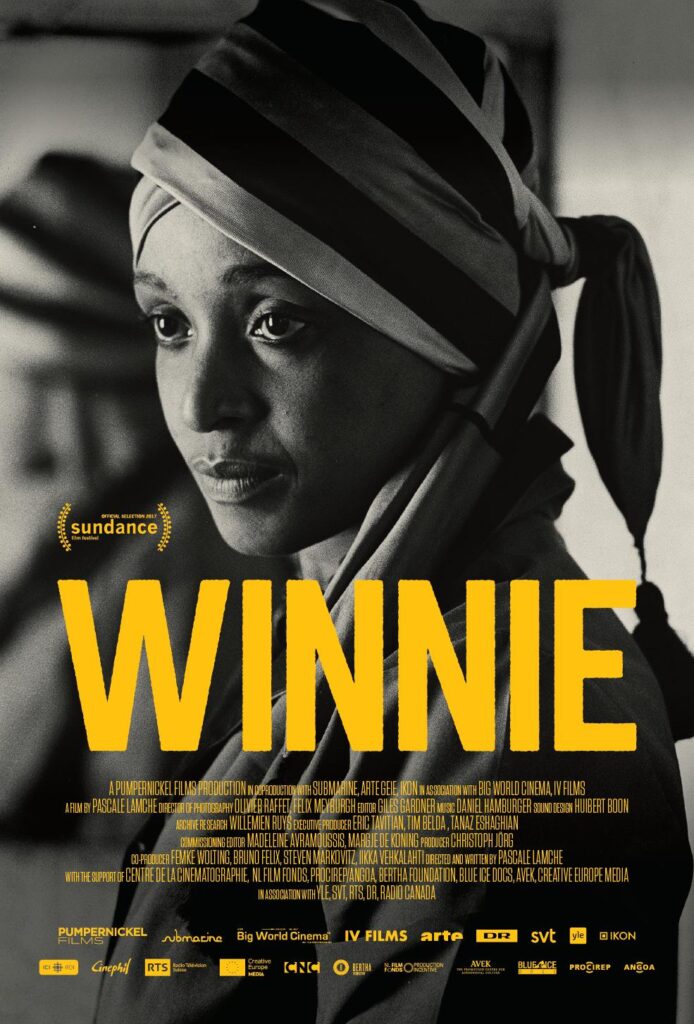 This date was chosen to mark what would have been Winnie Mandela’s 86th birthday.
This date was chosen to mark what would have been Winnie Mandela’s 86th birthday.
The film was released in 2017 and received critical acclaim with a nomination for the Best Documentary at the Africa Movie Academy Awards and Pascale Lamche winning the award for the Best Director: International Documentary at the 2019 Sundance Film Festival.
It examines the brutal treatment of Winnie Mandela by the racist Apartheid regime through an examination of the biased and negative portrayal of her in the media both in SA and beyond.
The film immediately draws the viewer in from the opening title sequence with typography reminiscent of the cover designs of Blue Note Records. This frames black and white photos of Winnie as a young woman that fill the screen. The atmosphere of a troubled life is enhanced by the use of a somewhat discordant jazz score.
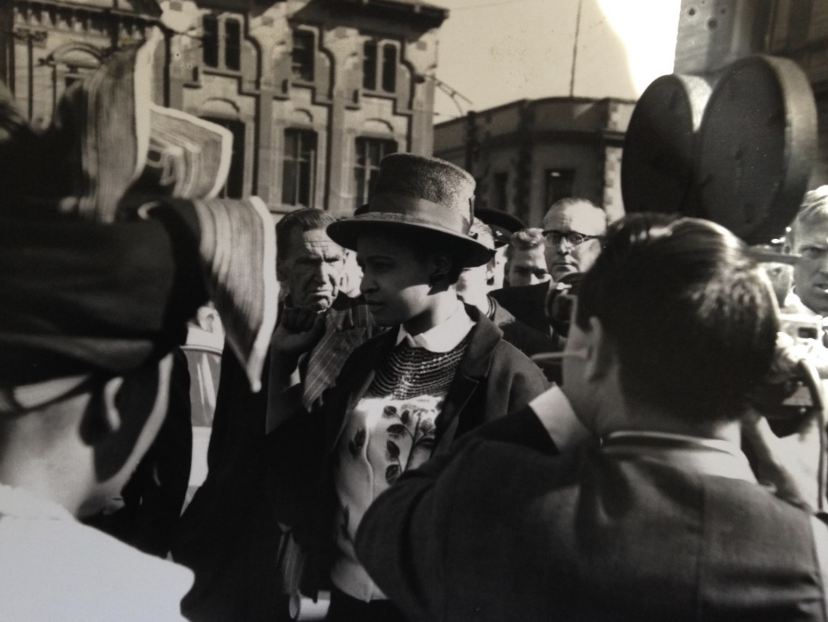
Winnie Mandela outside the Rivonia Trial, photographer Alf Khumalo, courtesy Winnie Film Press Kit
Lamche challenges what have become popular, negative perceptions of Winnie by juxtaposing archive footage alongside contemporary interviews with Winnie, her daughter Zindzi, racist police, journalists and biographers.
The film makes compelling yet disturbing viewing as a former agent of the Apartheid regime (Stratcom) describes his relentless and shameless hounding, surveillance and victimisation of Winnie and her daughters, a strategy that would never stop.
It explores how despite her intellectual strength and unwillingness to compromise politically, Winnie was vulnerable to the work of spies who used her enforced isolation as a deliberate method to weaken her spirit when she was banished to Brandfort, a remote, rural area.
As Winnie and Zindzi articulate the trauma experienced throughout these years and the refusal to surrender, the viewer is made aware of how all-encompassing the regime’s physical and emotional oppression of Winnie was.
The lasting impact of this is revealed in Winnie’s final testimony in the film. Her political position remains resolute and unchanged but her voice has a fragility that cannot simply be the result of age.
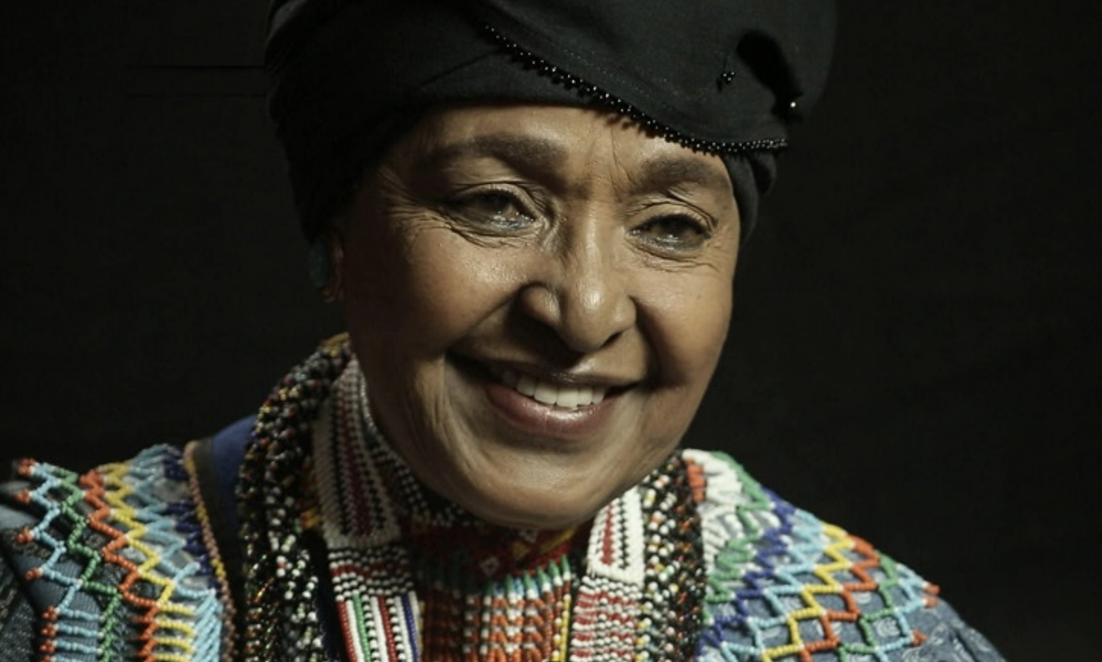
Winnie Madikizela-Mandela, still shot from ‘Winnie’, courtesy Winnie Film Press Kit.
The film is unapologetic in its claiming of Winnie as a true freedom fighter and not the “sinner” she was depicted as being by the Apartheid regime. Moreover, it calls into question the treatment she received from various political and religious leaders who she had regarded as comrades but who she later felt abandoned by.
The film was watched by a large and fully engaged audience and was followed by a lively discussion.
Written by Nadia Joseph, Research & Content Lead, December 2022



